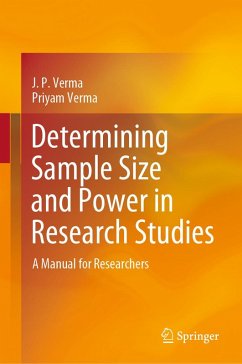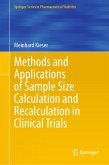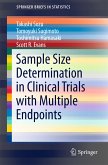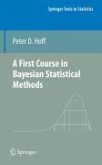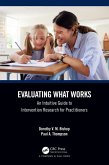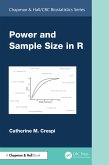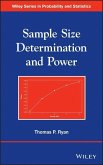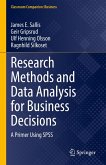Further, it explores the significance of sample size by showing the power achieved in selected doctoral studies. Procedure has been discussed to fix power in the hypothesis testing experiment. One should usually have power at least 0.8 in the study because having power less than this will have the issue of practical significance of findings. If the power in any study is less than 0.5 then it would be better to test the hypothesis by tossing a coin instead of organizing the experiment. It also discusses determining sample size and power using the freeware G*Power software, based on twenty-one examples using different analyses, like t-test, parametric and non-parametric correlations, multivariate regression, logistic regression, independent and repeated measures ANOVA, mixed design, MANOVA and chi-square.
Dieser Download kann aus rechtlichen Gründen nur mit Rechnungsadresse in A, B, BG, CY, CZ, D, DK, EW, E, FIN, F, GR, HR, H, IRL, I, LT, L, LR, M, NL, PL, P, R, S, SLO, SK ausgeliefert werden.
Hinweis: Dieser Artikel kann nur an eine deutsche Lieferadresse ausgeliefert werden.

